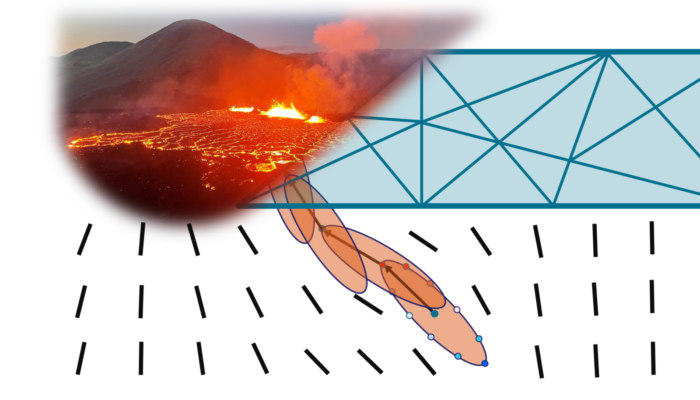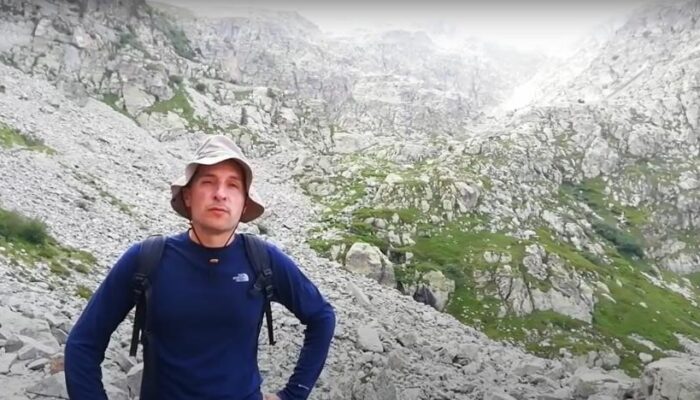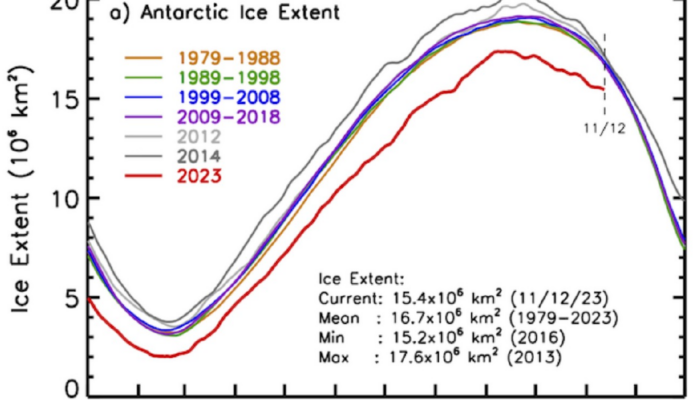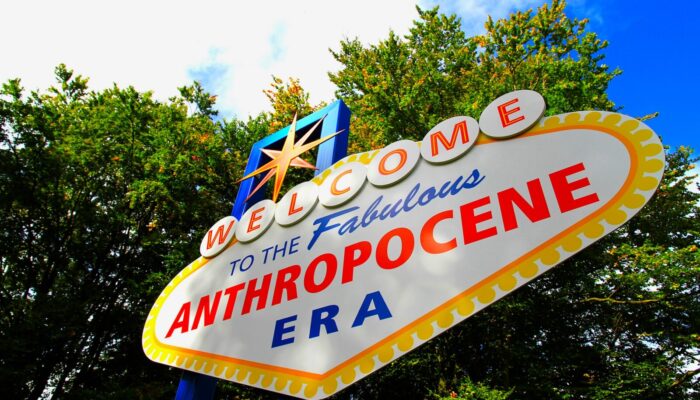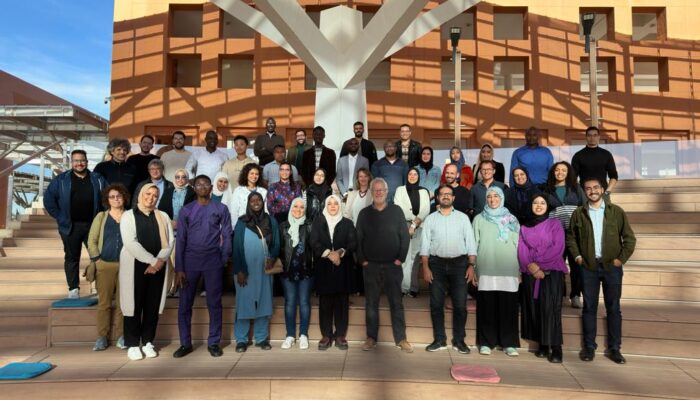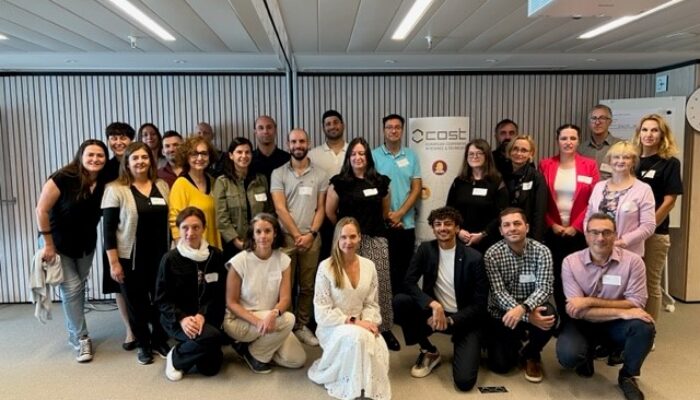While we are getting this close to unwrapping our advent calendars, here is a question that will keep us away from the first chocolate for a bit. Rowan asks: How do I tell my partner who is also in academia to talk less about work outside the office? Dear Rowan, Oh, this question hits home for many academics. Seriously, though. I don’t know the exact statistics but let me have a quick search…. Wel ...[Read More]
Geodynamics
Modelling Magma Propagation in Three Dimensions – Or: How I Learnt to Stop Worrying and Love Simplicity
The crisis unfolding these days in Grindavík, Iceland reminds us of how important it is to forecast volcanic activity. Predicting the outcomes of volcanic unrest, or a magmatic intrusion making its way towards the surface, essentially amounts to three questions. Will there be an eruption? How much time before it starts? Where exactly will the eruption occur? Answering any of these questions is a d ...[Read More]
Geomorphology
A Message to Young Geomorphologists – Matteo Spagnolo
In the video below, Professor Matteo Spagnolo at the University of Aberdeen shares some of his advice for young geomorphologists. Enjoyed this post? Please contact one of the GM blog editors, Emily or Emma, if you’d like to contribute on this topic, or others.
Natural Hazards
You can be the next Early Career Scientist Representative for the NH Division!
The Division on Natural Hazards of the European Geosciences Union is looking for a new Early Career Scientist (ECS) representative (rep) and co-representative (co-rep) for the period 2024-2026. The outgoing rep (Silvia De Angeli) and co-rep (Negar Vakilifard) will be standing down officially at the EGU General Assembly 2024, so this is your opportunity to take these roles! Why become an Ear ...[Read More]
Cryospheric Sciences
An exceptional year: What’s up with Antarctic sea ice?
In our blog, we have written a lot about Arctic sea ice (see this post, this post and this post for recent examples). Much less has been written about Antarctic sea ice, i.e. its southern counterpart. That is not surprising as Arctic sea ice has experienced major losses since the late 1970s (beginning of satellite observations), while not much had happened to Antarctic sea ice (despite a small exp ...[Read More]
Climate: Past, Present & Future
Why would anyone care about an ‘Anthropocene’?
– A debate among scientists and its impact on us The epoch of humans (and their obvious intervention in the Earth system) In order to understand what the ‘Anthropocene’ means for us, we need to define first what it actually is. This poses a rather complex question in itself, as various disciplines have given the term rather different and alternative definitions. For instance, the public medi ...[Read More]
Seismology
Unlock Our Collective Potential: The Value of Joining the Seismology ECS Group
In this blog contribution, Foivos Karakostas, Research Fellow in Seismology at University College London and incoming ECS representative of the EGU Seismology Division, explains how to become a member of the EGU Seismology ECS representatives team, why it is worth it, and what exciting opportunities await your participation in it. The journey of science is one of the most exciting adventures human ...[Read More]
Hydrological Sciences
Interdisciplinary research within hydrology
Interdisciplinary research within hydrology has become a major task for hydrologists. But what are the main advantages and challenges reflecting to break the academic silos? What is interdisciplinary water research? Interdisciplinary research activities within human-water research have increased in recent years, not only in terms of research proposals and requests from funding agencies (such as t ...[Read More]
Nonlinear Processes in Geosciences
Training the new generation of scientists to address Climate Change issues in Africa: Insights from the Marrakech-Benguerir Climate Change, Projections and Services Summer School
In the ever-evolving landscape of climate change, the Université Mohammed VI Polytechnique (Buengerir, Marocco) and Institut Pierre Simon Laplace (Paris,France) Summer School has emerged as a beacon of knowledge, equipping participants with the tools to comprehend, navigate, and mitigate the impacts of a changing climate. The inaugural edition of the summer school focused on “climate change, ...[Read More]
Nonlinear Processes in Geosciences
Bridging Science and Society: FutureMed’s Transdisciplinary Approach to Tackling Climate Change in the Mediterranean
The Mediterranean region stands as a poignant testament to the far-reaching impacts of climate change. From extreme weather events to rising sea levels and increased pollution, the consequences of global warming are acutely felt. In this climate change hotspot, the interconnection of risks creates a complex web that affects ecosystems, economic activities, and human health. Recognizing the need fo ...[Read More]


